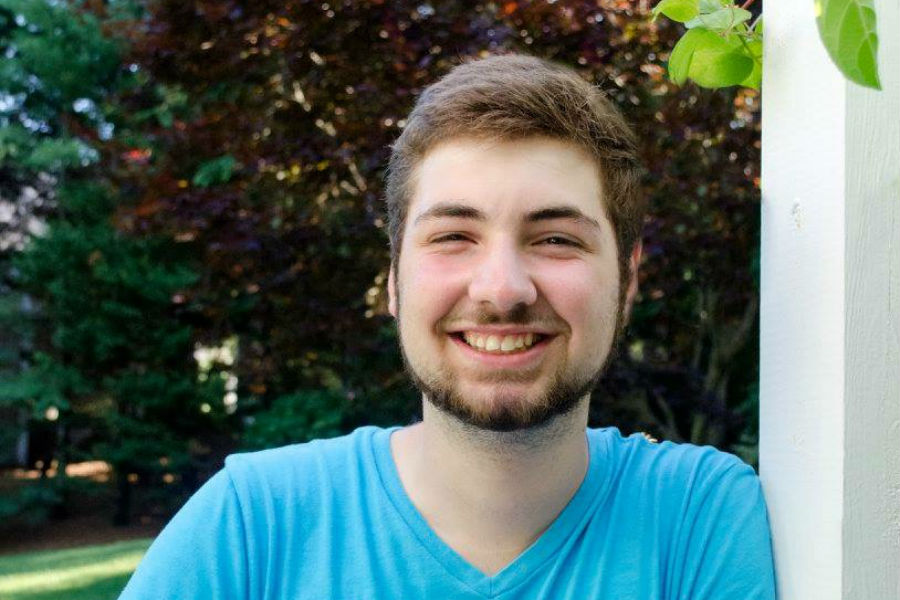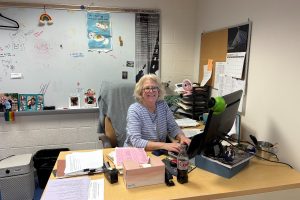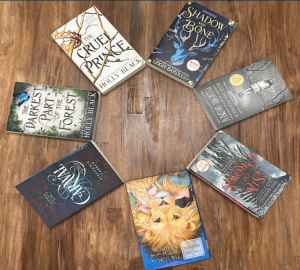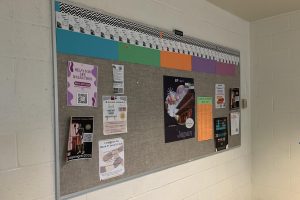Anctil conducts psychological experiment
June 7, 2017
To wrap up their senior year, seniors come up with creative and original capstone projects to make sure their final experience in high school is as memorable as possible. Senior Reid Anctil, who will be majoring in psychology at Champlain College, has chosen to use these five weeks to conduct a psychological experiment.
The experiment is based off of one of Anctil’s class experiences, when he took a vocab quiz with his non-dominant hand, just to see how he would do, and he ended up doing significantly better. This inspired him to test other students and see if they would do better with their non-dominant.
“I wanted to see if maybe there would be an effect in performance if students are taking it with their non-dominant hand,” Anctil said.
Anctil also gathered scientific information from his psychology class to come up with the experiment. A part of the brain called the corpus callosum sends messages between the right and left hemispheres of the brain, which each control one side of the body. Anctil wanted to see if switching hands would have an effect on how the corpus callosum sent messages across hemispheres.
“I want to see if it increases or decreases in their performance or if there’s any change at all, because there might not be. The corpus collosum, while sending messages across, it might just negate any sort of increase or decrease,” Anctil said.
Anctil gathered eight students to take an all multiple choice vocabulary quiz twice, so it would be as objective as possible, and would also be easy to read. The students were divided into a control group, who used their dominant hand, and an experimental group, who used their non-dominant hand.
Before the experiment, Antcil predicted that their would be a small increase in scores of the tests done by the non-dominant hands. However, there are a lot of variables in the experiment, so it could be due to dominance or the right or left side might just be better than the other.
“It was for going through the experience of trying to do an experiment, and it’s still something that I’m interested in and maybe might yield some results,” Anctil said.
After the experiment, Anctil confirmed that their was technically no statistically significant changes. In order to be statistically significant, the maximum similarity allowed between the control group and the experimental group was 0.05, and for the experiment it turned out to be 0.43.
“It doesn’t really prove or disprove my hypothesis, because it wasn’t enough,” Anctil said.
However, Anctil is satisfied with what he was able to accomplish.
“I definitely enjoyed the process and all of that, and it was definitely worthwhile,” Anctil said.
Over the course of the experiment, Anctil took note of the aspects of the procedure that could be changed in the future. He would increase the time frame, as well as the number of trials. As for the test itself, people were often scoring perfectly or very close to that, so there was not much room for improvement, so the number of test questions would be increased so that there would be a lower chance of a perfect score. Finally, Anctil mentioned that the entire sample was made up of right-handed females, who were junior honors English students. With the small sample size, having these constants was helpful, but he hopes to try out the experiment with multiple types of people.
Although the experiment does not have the most full proof procedure, but it gave him an idea of what a psychological experiment is like, and he hopes to continue the study more effectively in the future.
Anctil also thought that starting capstone was a bit of challenge, because there were not that many guidelines for an experiment, and it required a lot of preparation before he could actually begin. However, all the work proved to be beneficial when actually carrying out the experiment.
“It helped get to know my experiment,” Anctil said.
With the help of his research adviser, Scott Hafferkamp, and his faculty adviser, Kimberly Hart, Anctil enjoyed his final weeks at WA doing something he enjoyed and was interested in.
“It was definitely a good experience and I would definitely do it again,” Anctil said.







